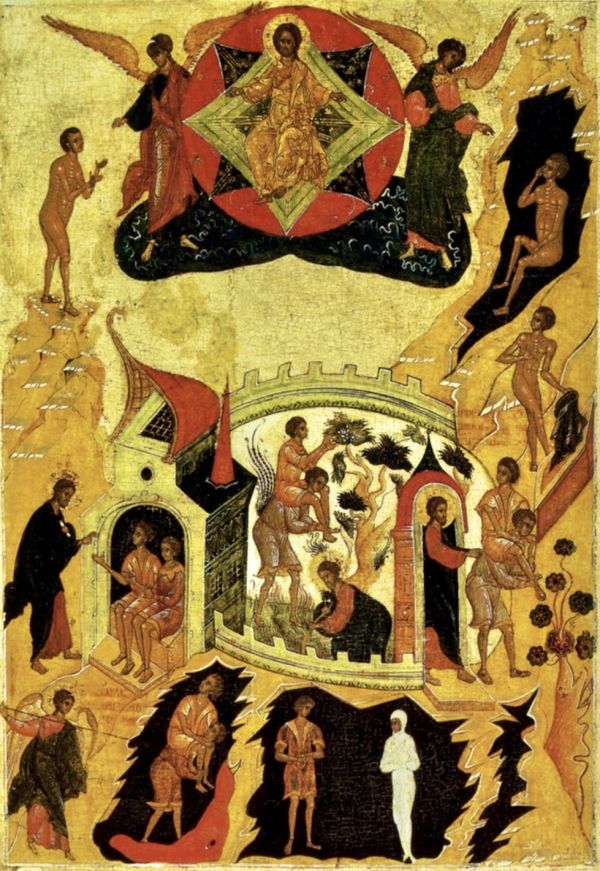Treasure and Pearl - forms of interiority
(Mt 13:44-46)
Jesus does not want to make us poor poor, but Allies. His Presence completes and realizes us by Name; not in a negative sense, but in a full capacity.
The choice or "renunciation" He asks for, is not about options any. He does not make what is not worth protrude. That's why He does not belittle us.
And the total Word is the real deal.
A hidden Treasure that must first be hidden again (v.44)!
We realize that we have only partially seen of it; there is still much more to discover.
It’s not something verifiable immediately and completely.
Warning: we have to hide it again!
Here is the whole game, because such Splendor doesn’t belong to the rituals of folklore, or to the contour duties, that would make us prisoners.
In fact, the spring to get out of the cliché, the protocol, the pack ways, becomes an opportunity to discover something new.
The authentic Kingdom will not be intrusive: it doesn’t demand membership - under penalty of exclusions. It delivers other messages, transmutative from within.
We can grasp it in our roots, because it corresponds to the complete life project that inhabits us and mysteriously we intuit our own.
We understand: it makes us look forward, it makes us feel good. It makes us discover other worlds, and our own Core; beyond the problems that are gripping.
This is where the unexplainable, works.
The insecure becomes a determined person, the loser is transformed by grace into wise.
We understand that welcoming the springing Logos and corresponding to one’s personal Vocation will not be terrifying, but regenerating.
Who will shift his thoughts, will bet everything, and will bring out his essence.
In ancient times «Pearls» were the most precious and splendid things: in short, man is in search of Beauty as a meaning of life and of his own personality.
But who is the really charming man who lives completely, not epidermal?
Before Matthew allowed himself to be made an apostle, he assumed that his invaluable Diamond was the hoarding. And he has to change his mind.
Saul imagined that the boundless Gem - the authenticity of man - was the inappuntability of his practices and ideas.
God’s free Gift has urged both in the Quest for the Precious Pearl: what is delicious, fraternal, donative, lovable and not to be missed.
The preciousness of the Gospel, the valuable Uniqueness of Faith in Christ, his authentic Kingdom, are the true Capital that makes us happy.
The most beautiful unforeseen of the genuine Church: that has nothing to do with the fiction of identifications - inattentive to humanization - nor with the inculcated appearance of the many external things.
In this way, the people of the sons generated to new life will find wealth already in the being of things, in the furrows of history; from the soul, and in trials.
Out of concealment, out of patient silence, out of sudden reality, come understandings, empathies, spontaneous correspondences.
Voices that can come to us, to change life and make it unpredictable.
Exceptional Encounters tell the soul: we are not only the hardships that afflict us.
But those events, one must know how to wait for them.
[Wednesday 17th wk. in O.T. July 30, 2025]












